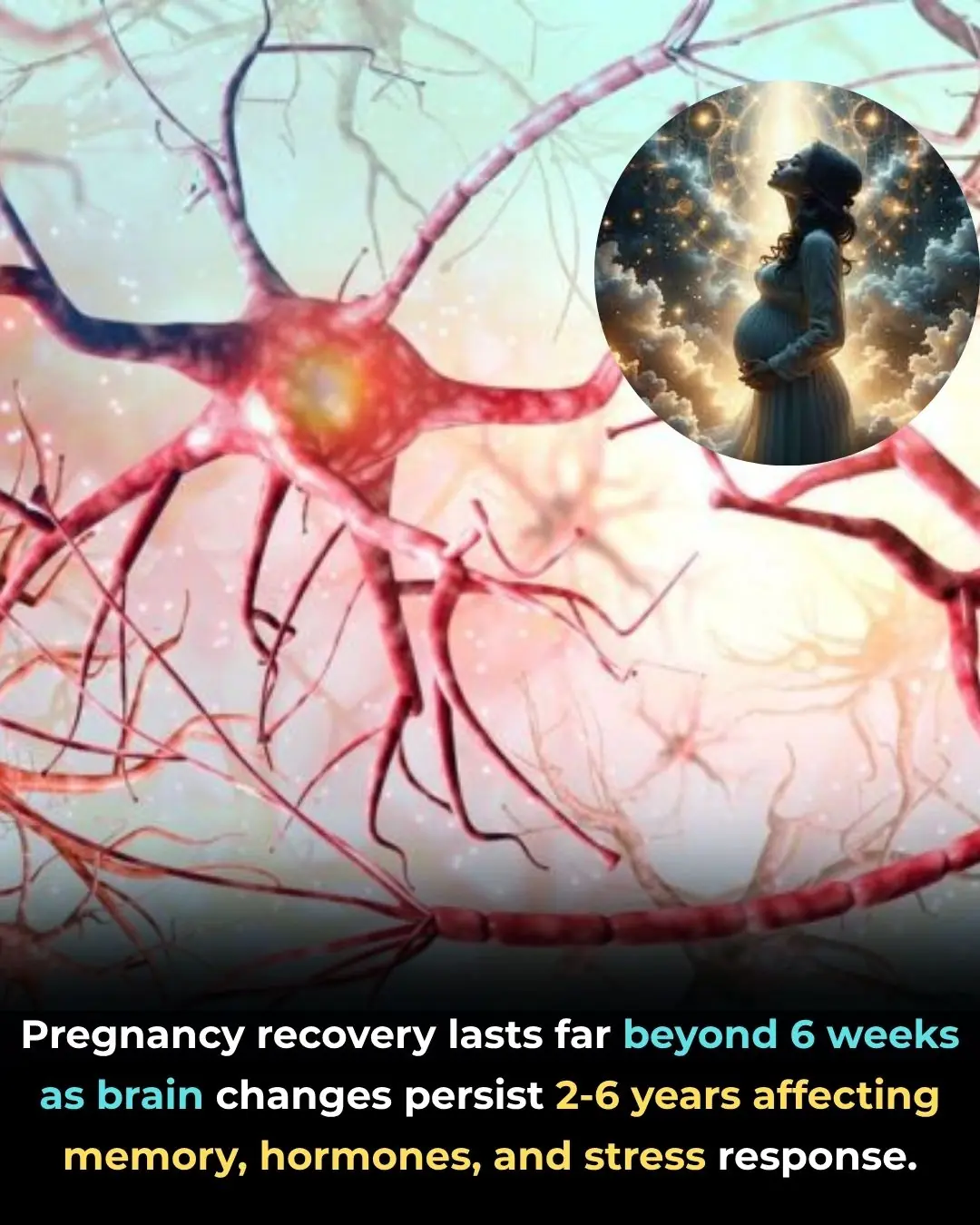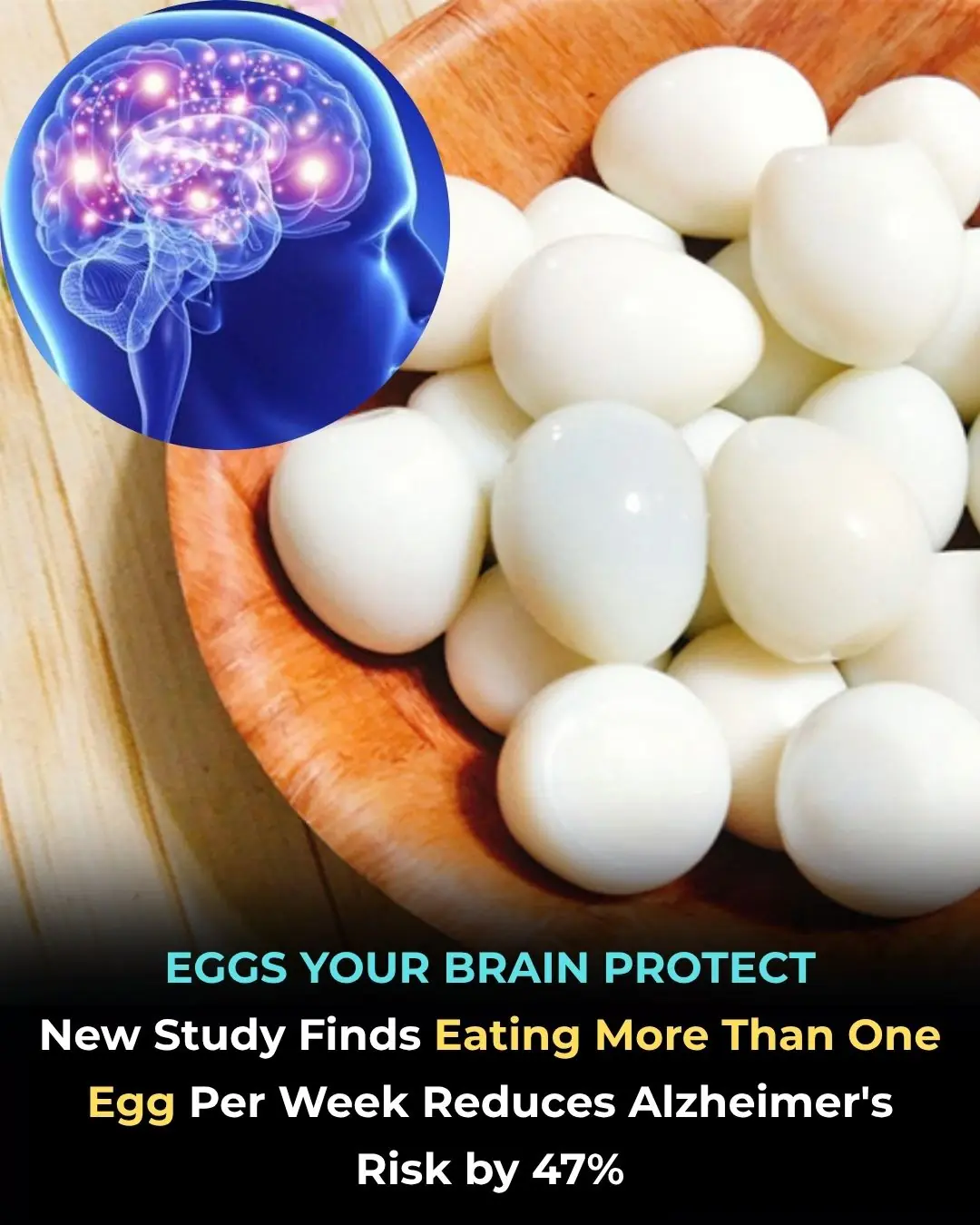
12 Early Warning Signs of Dementia You Shouldn’t Ignore

12 Early Warning Signs of Dementia You Should Never Ignore
Dementia affects millions of people worldwide, gradually interfering with memory, reasoning, behavior, and the ability to perform everyday activities. While everyone forgets things from time to time, dementia involves changes that go beyond normal aging. These early signs often start subtly, but recognizing them can help individuals seek medical guidance sooner — and early intervention has been shown to slow progression and improve quality of life.
Below are 12 early warning signs that may signal the beginning stages of dementia, along with expanded explanations to help you better understand what to look for.
1. Short-Term Memory Loss
One of the most common early indications is difficulty remembering recent events. This may show up as misplacing keys, forgetting appointments, or repeatedly asking the same questions. While occasional forgetfulness is normal, persistent memory lapses that interfere with daily routines should not be dismissed. Over time, a person may rely more heavily on notes, reminders, or others to recall basic information.
2. Difficulty Performing Familiar Tasks
Everyday activities that were once automatic may suddenly feel overwhelming. This can include preparing a regular meal, managing bills, or navigating to places they’ve visited countless times. Individuals may start tasks and forget what they intended to do next. When simple routines become confusing or require step-by-step instructions, it may indicate declining cognitive function.
3. Language and Communication Problems
Struggling to find the right words, pausing mid-sentence, or substituting unusual terms can make conversations challenging. People may lose their train of thought more easily or repeat themselves without realizing it. These changes can make communication feel frustrating both for the individual and for loved ones trying to understand them.
4. Mood and Personality Changes
Dementia can lead to noticeable shifts in how someone behaves or expresses emotions. Early on, this may look like increased irritability, anxiety, apathy, or unexpected anger. Some people become more withdrawn or suspicious, while others may show uncharacteristic boldness or poor emotional control. These shifts often reflect changes happening in the brain rather than intentional behavior.
5. Disorientation and Confusion
A person might become confused about dates, time of day, or even their location. Getting lost in familiar neighborhoods, forgetting why they walked into a room, or feeling unsure about the current season are common early signs. This disorientation can be especially frightening and may increase the risk of accidents or wandering.
6. Poor Judgment and Decision-Making
Impaired judgment is another red flag. This can show up as giving away large amounts of money, falling for scams, ignoring personal hygiene, or making unsafe choices. People may struggle to assess risks or consequences, making them more vulnerable to financial or physical harm.
7. Misplacing Items in Strange Places
While everyone misplaces items occasionally, dementia often involves placing objects in illogical locations — such as putting glasses in the freezer or storing a wallet in a shoe. The individual may be unable to retrace their steps or may accuse others of stealing the misplaced items, which can be distressing for both parties.
8. Withdrawal from Social Activities
A decline in cognitive abilities can make social interactions exhausting or embarrassing. Someone who once loved gatherings, hobbies, or community events may prefer to stay home. They may also lose interest in work responsibilities or creative activities they previously enjoyed. Isolation can worsen symptoms, making early recognition especially important.
9. Difficulty Planning or Solving Problems
Tasks that require concentration, organization, or working with numbers may become significantly harder. Examples include balancing a checkbook, planning a trip, or following multi-step instructions such as assembling furniture or completing a recipe. This often leads to frustration and increased dependence on others.
10. Visual and Spatial Problems
Dementia can affect how a person interprets what they see. This may result in trouble reading, judging distances, or differentiating colors and contrasts. These issues are particularly dangerous while driving, as they can affect depth perception and reaction time. Some individuals may also misinterpret reflections or shadows, leading to confusion or fear.
11. Speaking or Writing Difficulties
People may struggle to join conversations, repeat phrases, or take longer to express their thoughts. Writing may become messy, disorganized, or filled with errors. These changes often appear gradually, but over time, the person may avoid communication altogether because it feels too difficult or embarrassing.
12. Loss of Initiative and Motivation
Early dementia can cause individuals to lose interest in activities they once enjoyed. They may seem unusually passive, spending long hours sitting, watching TV, or sleeping. Even basic tasks like showering, eating, or cleaning may require reminders or encouragement. This lack of motivation is often misunderstood as laziness, but it is actually a sign of cognitive decline.
When to Seek Help
If you or someone close to you is experiencing several of these symptoms, it’s important not to ignore them. Schedule an appointment with a healthcare professional for a comprehensive evaluation. Early diagnosis can:
-
provide access to treatment options that help slow progression
-
enable lifestyle changes that protect brain health
-
give families time to plan for care and support
-
reduce stress by offering clarity and understanding
Dementia is not an inevitable part of aging. Spotting the signs early is the first step toward proactive care, better outcomes, and maintaining independence for as long as possible.
News in the same category


Five “Dirtiest” Parts of the Pig That Butchers Never Take Home for Their Own Families

The Whole Family of Three Was Diagnosed With Thyroid Nodules; the Mother Collapsed: “I Thought Those Two Things Were Always Good to Eat and Could Prevent Cancer”

Breakthrough Cancer Treatment Offers Unprecedented Hope for Patients

Top 10 foods that unclog arteries naturally and prevent heart attack

Eating beans daily slashes your risks of heart disease and diabetes, study finds

The #1 plant to eliminate mucus and phlegm instantly (how to use it!)

A single 4g dose can clear heavy metals, remove microplastics and cleanse the brain (do not use daily)

13 Surprising Signs Your Body Is Crying Out for Hydration

If You’ve Noticed Ridges in Your Fingernails, This Is What It Really Means

Research reveals the #1 vitamin for eye protection

5 Herbs Your Liver Wished You’d Start Eating More Often (Or At Least Try!)

Powerful Health Benefits of Pineapple You Should Know

Why You Should Avoid Kissing Your Pet, Especially on the Mouth

Why Female Anacondas Sometimes Eat Their Mates: The Extreme Strategy Behind Survival
Why Female Anacondas Sometimes Eat Their Mates: The Extreme Strategy Behind Survival
Why Female Anacondas Sometimes Eat Their Mates: The Extreme Strategy Behind Survival
Why Female Anacondas Sometimes Eat Their Mates: The Extreme Strategy Behind Survival
Why Female Anacondas Sometimes Eat Their Mates: The Extreme Strategy Behind Survival
News Post

Top 10 Uric Acid Foods To Avoid If You Have Gout

Belgium’s Floating Algae Mats: A Green Breakthrough in Urban Water Purification

France Reimagines Shelter Boundaries With Community Corn Walls

5 Simple Ways to Remove Rust from Knives – Make Your Dull, Rusty Knife Shiny and Sharp Again

5 Fruits on the ‘Blacklist’ That Can Cause Cancer – Avoid Buying Even If Cheap

“New Research Reveals How Aging Impacts Male Fertility and Sperm Health”

Pork Skin – The Often Overlooked Superfood

Don’t Throw Away Lemon Peels! Use Them for These 8 Household Tasks and Save a Ton of Money

10 surprising ways to use vinegar around the house

Stop eating these 10 things of CRAP

Mix Banana Peels With This and Leave It in a Corner — Roaches Will Disappear Overnight

Discover how eggs support your baby’s brain development — full details in the comments!”

Weak Toilet Flush and No Suction? A Simple Trick From a Professional That Fixes It Instantly

Five “Dirtiest” Parts of the Pig That Butchers Never Take Home for Their Own Families

Blueberries: A Powerful Daily Boost for Heart Health

The Whole Family of Three Was Diagnosed With Thyroid Nodules; the Mother Collapsed: “I Thought Those Two Things Were Always Good to Eat and Could Prevent Cancer”

Motherhood Rewires the Brain: Why Postpartum Recovery Takes Years, Not Weeks

Eating More Than One Egg a Week May Slash Alzheimer’s Risk by 47%

CRISPR Breakthrough Offers Hope for a Potential HIV Cure
